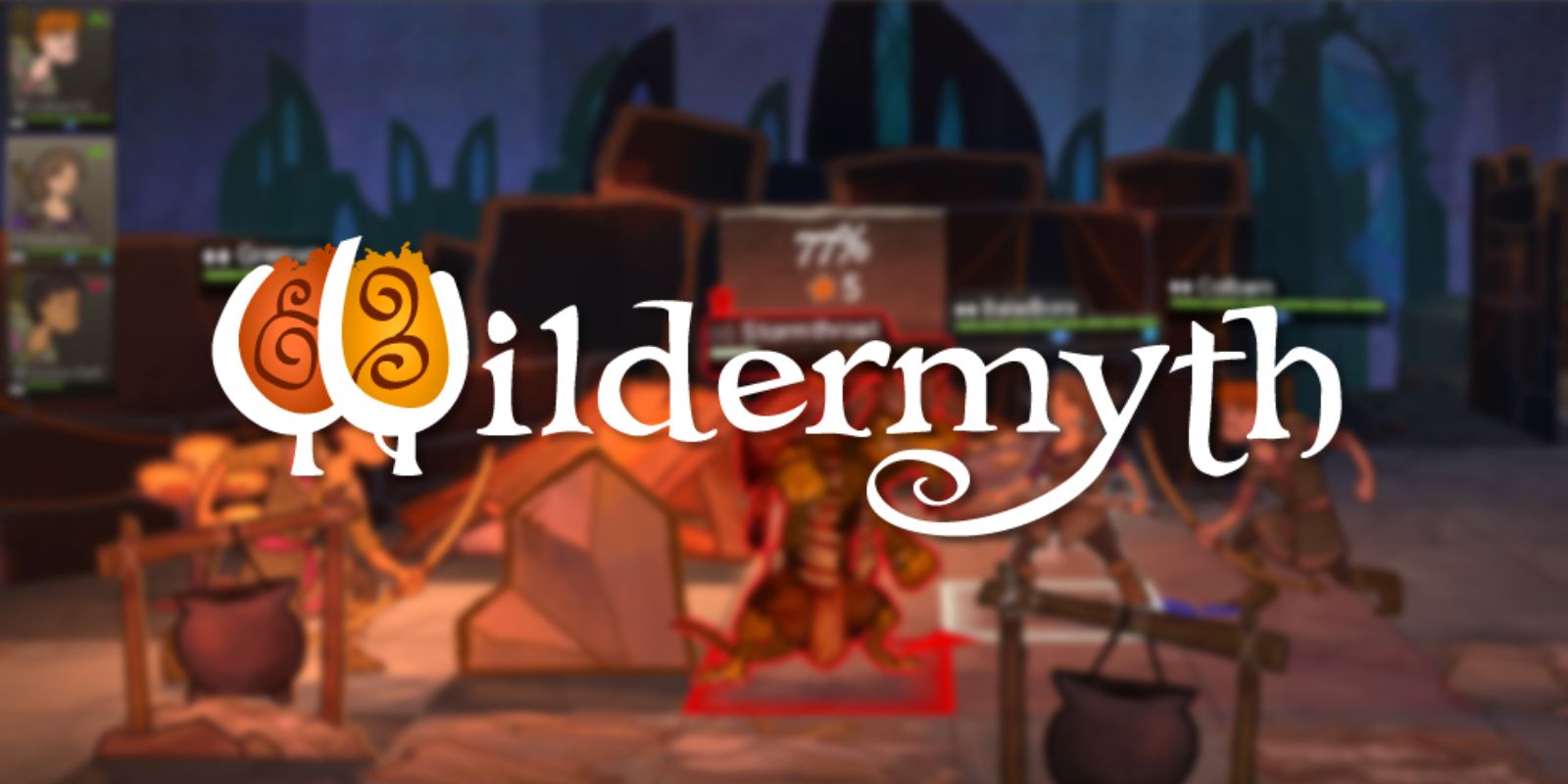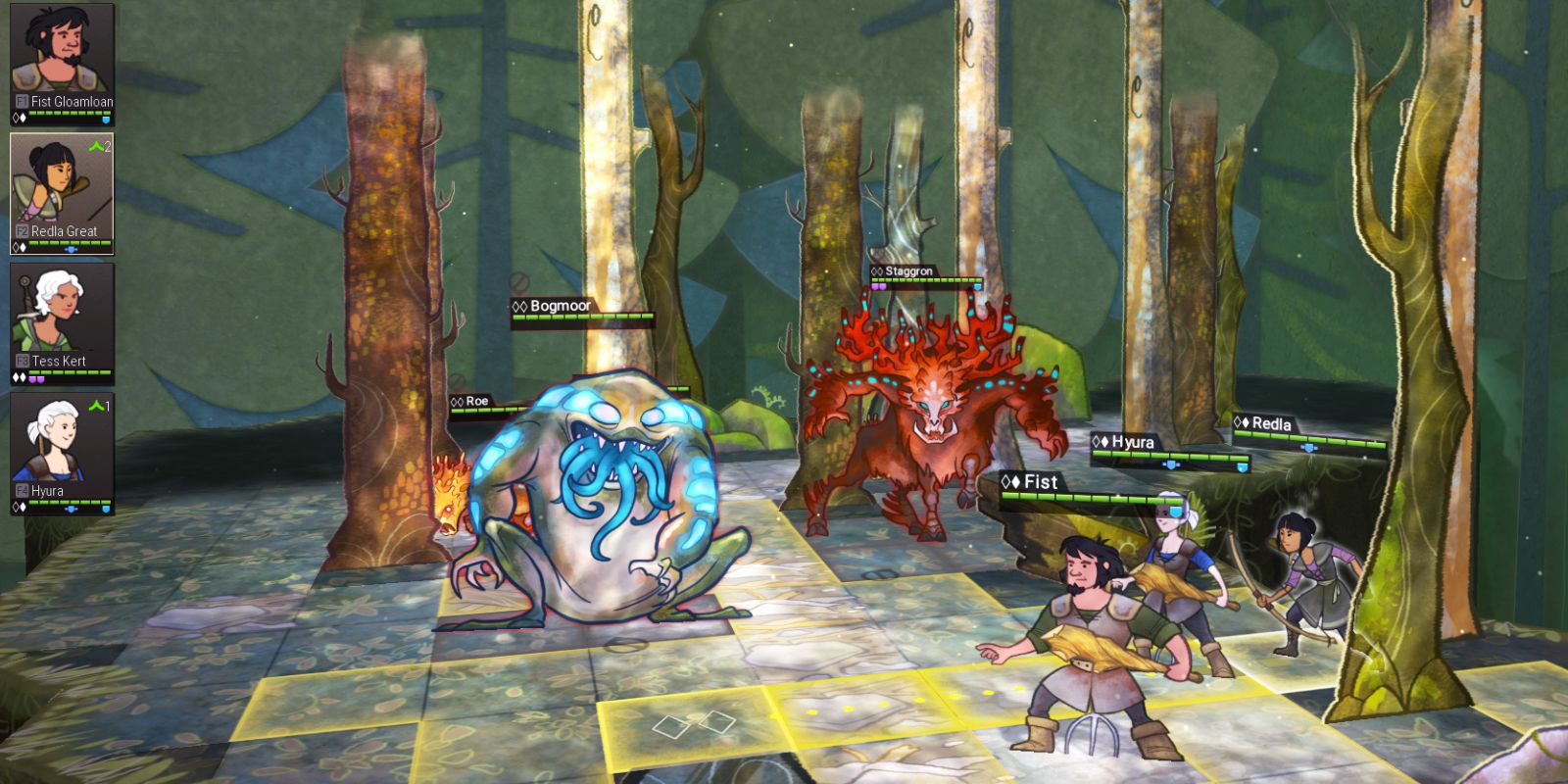Many PC games have attempted to capture the spirit of tabletop RPGs in the past, but few take it to the level that Wildermyth does. The game released June 15 on Steam, and emulates the experience of Dungeons & Dragons - and similar fantasy tabletops - in both its gameplay and its artistic direction. The 2D art of Wildermyth is meant to mimic a papercraft cut-out style, making players feel like they're taking charge of a hands-on roleplaying session.
D&D-esque titles are nothing new in the world of PC gaming, and recent years have even seen an influx of isometric PC RPGs that utilize both turn-based tactical combat and party systems to invoke the feeling of fantasy tabletops. Games like Disco Elysium and Hades have also brought new genres into the mix as of late, and this year's E3 Expo revealed several upcoming titles from both AAA studios and indie developers for RPG fans to look forward to.
Wildermyth released on Steam on June 15, shortly before the start of 2021's Steam Summer Sale. The game features both single player and multiplayer game modes, and can be played either online or via LAN. The focus on cooperative multiplayer - players are given the ability to customize and control their own individual hero in a party - is just one part of how Wildermyth recreates the tabletop experience on a PC platform.
Wildermyth: How Papercraft Art Meets Tabletop Mechanics
The world presented in Wildermyth, named The Yondering Lands, is full of hand-painted 2D characters and scenery that seem to pop out of the game's tiled landscape, creating the illusion of a board full of pawns. This feature is assisted by the fact that each piece of scenery in a level can be used in combat - hunters can take cover behind a chair, or a mystic can use their magic to turn said chair into an explosion of splinters. The areas of The Yondering Lands both look and feel like an interactive part of the game in a way that's unique from more traditionally-designed PC titles. Hand-drawn video games have seemingly grown more common as of late as studios try to set themselves apart from the more standard graphics typically seen in the industry.
Wildermyth's approach to gameplay is another large part of what makes it so reminiscent of tabletop titles. Each character, whether they're customized via multiplayer or randomly generated in a single player campaign, comes with a fleshed-out backstory and personality that impacts their dialogue and combat style. Large choices, however, are left up to players, allowing them to determine how their characters change and develop throughout the game.
The party can form relationships with one another, ranging from rivalry to romance, and dead characters can be brought back in later campaigns through the use of a legacy system. The game also follows alongside the likes of Disco Elysium by utilizing dice rolls, although in Wildermyth they're instead simply visualized as the odds of success when a character goes to make an action. All of these aspects combine to help create a genuinely tabletop-esque RPG experience.


